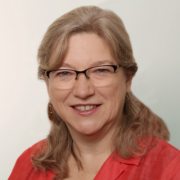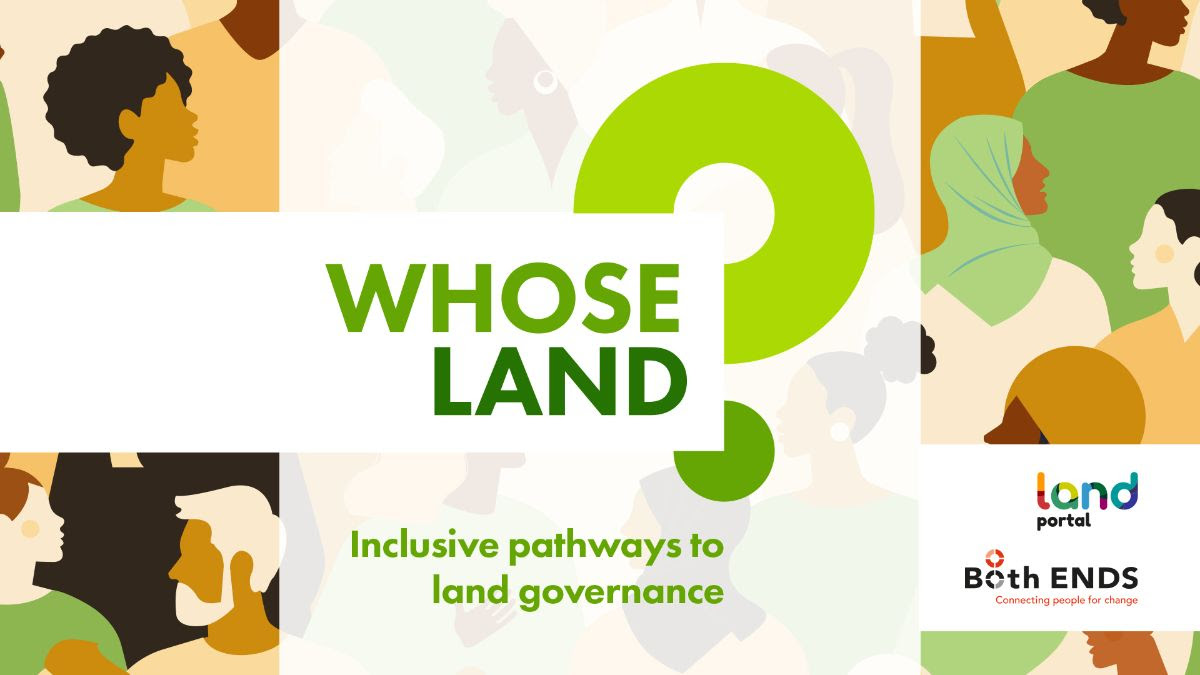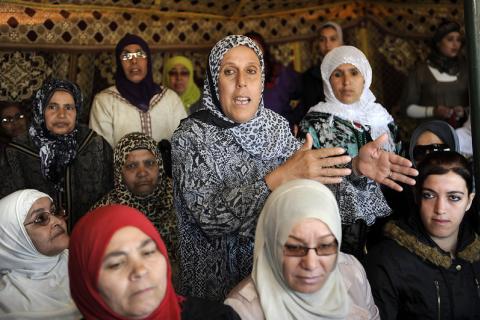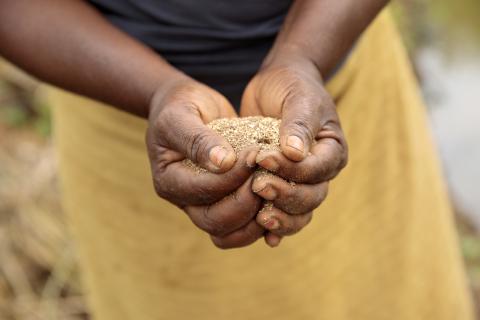Date and Time: September 22nd, 2022, 1:00-2:30 PM CEST
This third Whose Land? webinar showcased gender transformative approaches on women’s land rights. Gender transformative approaches are defined by women acting as agents of change, transforming structural barriers and redefining gender norms. These approaches facilitate the participation of women in land governance decision-making processes, but require closing the land data gender gap.
In many countries around the world, women continue to be excluded from land ownership due to discriminatory patriarchal systems. Women makeup on average less than 20 percent of the world’s landholders, but there is no consistent national or global data on the full scope of women’s land rights or access to land.
This data gap on women’s land rights negatively impacts women and girls. We hear many stories in which women face deprivation of property, legal discrimination, and unequal rights to access, use, inherit, transfer, control, benefit from, and own land. Previous Land Portal webinars have addressed the lack of redress when women’s land is taken by investors, corporations, local leaders, the government, or even their family. As a result, land governance decision making is typically dominated by men.
Empowering women to occupy leadership roles and to take an active part in decision making processes in land governance has demonstrated that strides can be made towards gender justice. Increasingly, gender transformative leadership approaches to securing women’s land rights focus on supporting women to assume leadership positions in accessing, controlling, managing and owning of land and land related resources. Collective mobilization helps women to identify the common structural barriers they face.
Numerous projects have demonstrated success in overcoming societal obstacles to women’s land rights. Community-based women’s groups are a proven way to build solidarity among women and to facilitate ownership over these processes and develop transformative leadership. Training and supporting women’s groups to generate their own land data to support advocacy and facilitating greater understanding of how to use data for advocacy is an important part of improved land governance.
About the Whose Land? Webinar Series
Strong land governance, underpinned by a democratic, open and accessible information ecosystem, is crucial in managing land in a gender just, conflict-free and sustainable manner. This works best when local communities and rights-holders are placed at the center of planning and decision-making, are able to define their own priorities and pursue them in meaningful and self-determined ways. Both ENDS and the Land Portal Foundation have initiated the Whose Land? – Inclusive pathways to land governance webinar series, which aims to provide a platform for different stakeholders engaged in land governance to exchange on the importance of inclusivity and meaningful participation of all relevant actors in both formal and informal land governance processes.
The main objective of this webinar series is to facilitate sharing and exchange around the topic of inclusion in land governance initiatives, to exchange among civil society organizations and with external actors on what inclusivity in land governance means in practice, and to explore how inclusivity can be better embedded in the programming and policies of those aiming to advance people-centered land governance.
Speakers

Laura Meggiolaro, Team Leader, Land Portal Foundation

Frida Githuku, Executive Director, Groots Kenya

Ruth Meinzen-Dick, Senior Research Fellow, International Food Policy Research Institute (IFPRI)

Judy Pasimio, Coordinator, Purple Action for Indigenous Women’s Rights (LILAK), Philippines

Banumathi Kalluri, Executive Director, Dhaatri
ABOUT BOTH ENDS: Both ENDS is human rights and environmental justice organization working towards a sustainable, fair and inclusive world. Together with partner organizations from around the world, we gather and share information about policy and investments that have a direct impact on people and their livelihood, we engage in joint advocacy, we stimulate the dialogue between stakeholders and we promote and support sustainable local alternatives.
ABOUT LAND PORTAL: The Land Portal Foundation believes access to information is crucial to achieve good land governance and to secure land rights for vulnerable people. We help partners to create and disseminate land governance data and information through linked and open data technologies. The work of the Land Portal serves to democratize the information ecosystem and strengthen flows of land governance data, from all perspectives and all levels. The Land Portal promotes, informs and enriches the global debate on land issues.







